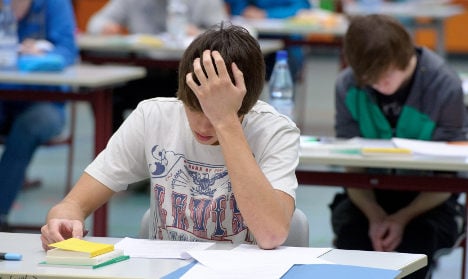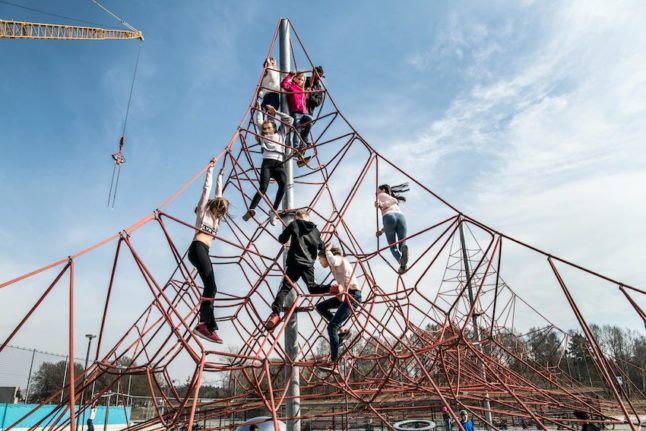As many as 20 percent of school-leavers cannot read properly or understand texts, and generally fail to find further training placements according to the report, the Süddeutsche Zeitung newspaper said on Friday.
The “Education in Germany 2012” report, published every two years, said that improvements in early education had failed to help a stubborn core of up to 20 percent of pupils who leave school without sufficient literacy skills.
The authors warned that a lack of qualified early childcare staff could be partially to blame, and added that children learning German as a second language needed special support.
The report also cited some improvements in German education performance, including at the other end of the spectrum, a rise in the number of teenagers completing their Abitur exams – the German school-leaving certificate.
Speaking at the presentation of the report to the conference of Culture Ministers in Berlin on Friday, head of the research team Horst Weishaupt said the report showed many positive developments but also higlighted big challenges.
The authors welcomed the fact that most children aged three and over now go to some kind of kindergarten – but warned that local authorities must “massively increase” their efforts to raise the number of kindergarten places.
The Local/jlb



 Please whitelist us to continue reading.
Please whitelist us to continue reading.
Member comments